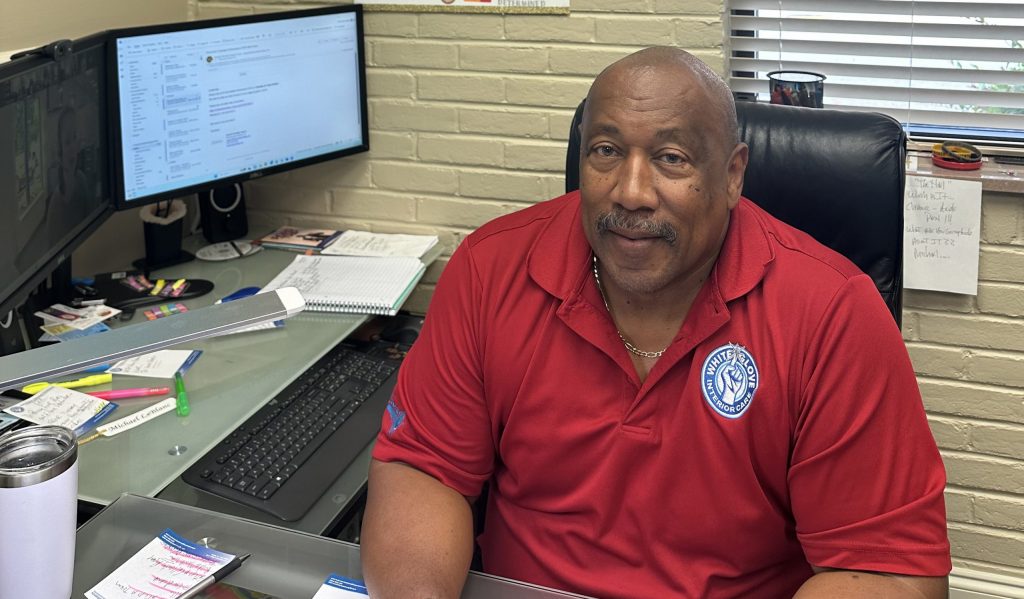Based in Lafayette, Louisiana, White Glove Interior Care provides commercial cleaning and consulting services, specializing in upholstery and flooring with an additional focus on fabric protection, tile and grout cleaning. In 2022 founder and president Michael LeBlanc entered the Louisiana Economic Development (LED) Diversity in Entrepreneurship Initiative, a program designed to accelerate growth for minority- and women-owned businesses in second stage.
A collaboration between LED and the Edward Lowe Foundation, the diversity cohort program spans several months and blends leadership development, CEO roundtables and strategic research. The diversity cohort program kicked off with a virtual workshop that introduced participants to sociopsychological aspects of diversity.
“The content was valuable, and it was amazing to learn different ways to handle diversity,” LeBlanc says. “It broadened my perspective on the norms, the not-so-norms, and how diversity can work.” What’s more, being the only male in his cohort sparked additional insights for LeBlanc. “In my work, probably 95% of my contacts are women,” he explains. “So getting the perspectives of 10 women business owners also expanded my horizon.”
The research portion of the diversity initiative was conducted through the foundation’s System for Integrated GrowthÒ(SIG), which enables each participant to work with a team of business experts on specific growth issues. One of LeBlanc’s goals was to be more strategic about growth and implement processes that would enable him to work “on” the business instead of “in” it. Also on his wish list was maintaining quality — a competitive advantage for White Glove — as he worked to increase revenue and profits.
In response, one SIG specialist provided LeBlanc with a wealth of HR information and procedures for: recruitment and retention, building a leadership team, training and onboarding procedures, how to align job descriptions with his org chart, what needs to be included in an employee manual, performance management and internal communications.
To identify new business opportunities, an expert on geographic information systems (GIS) identified more than 2,200 facility-care decision-makers in key market sectors for White Glove. This included:
- Medical and legal offices within 60 miles of White Glove’s headquarters.
- Architects and interior designs within 150 miles.
- Small and mid-size colleges and universities in Louisiana.
The GIS expert also identified more than 1,500 prospects in credit unions, insurance agencies, accounting firms and engineering firms throughout Louisiana. Then a digital marketing expert provided strategies and tools to help LeBlanc identify additional prospects — and recruit new employees.
“These materials were amazing, and the researchers made the information very easy to understand,” LeBlanc says.
Recognizing that he needed help to implement the SIG deliverables, LeBlanc hired a part-time employee to pursue the list of prospects. “Marketing has been one of my shortcomings,” LeBlanc admits. “I wasn’t consistent. I’d get the momentum rolling, and then I’d get a flat tire. Now we can blow up the tires and keep on rolling.” He has also revamped White Glove’s website, and his operations manager is beginning to implement new HR processes and best practices.
Overall, LeBlanc credits the diversity cohort program for increasing his appetite for growth — and refining his approach. Currently White Glove’s annual revenue hovers just below the $1-million mark, and LeBlanc aims to increase that number by $1 million each year and expand his staff.
“I gained knowledge and understanding on how to grow and scale so we can make a difference in Louisiana,” LeBlanc says. “The more people I can put to work, the better my family will be, the better their families will be — and the more we can do in the community.”
(Published June 20, 2023)
